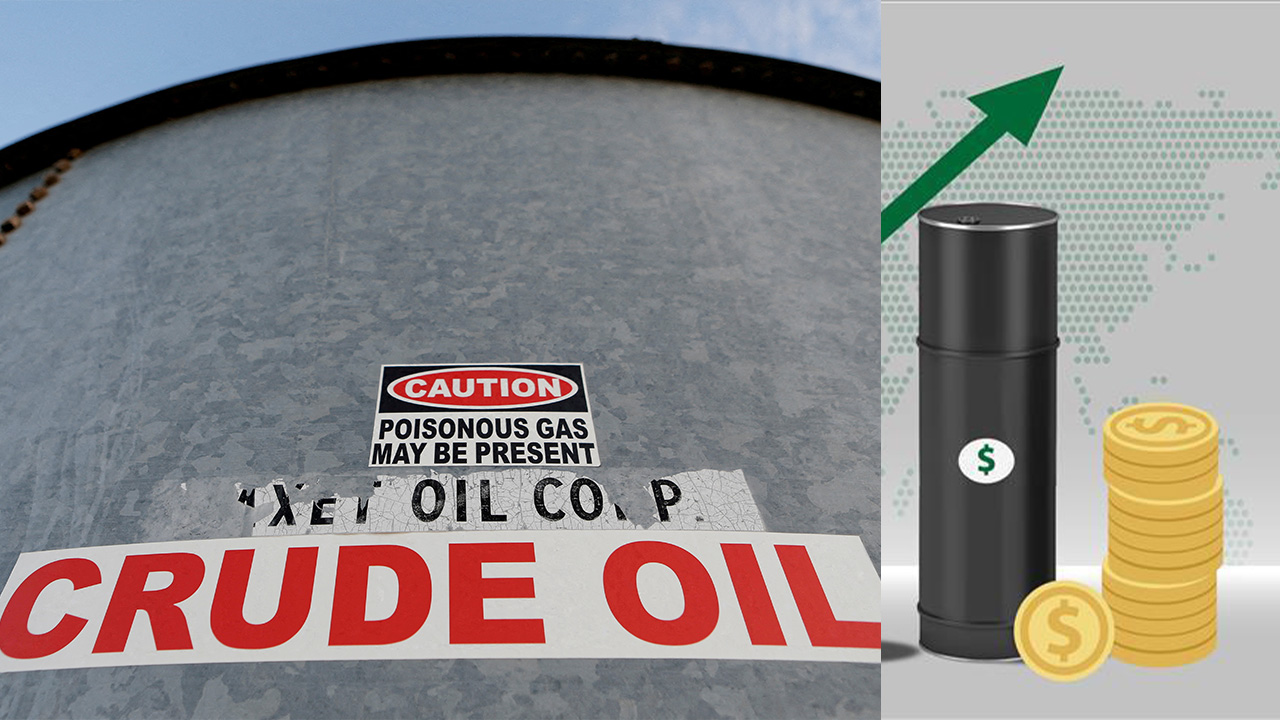As U.S. Federal Reserve officials’ statements cast shadows on prospects for interest rate reductions, potentially constraining growth and fuel demand in the world’s largest economy, oil prices continued their downward trajectory on Monday.
At 00:25 GMT, Brent crude futures dipped by 26 cents, or 0.3%, to $82.53 per barrel, while U.S. West Texas Intermediate crude futures slid by 23 cents, or 0.3%, to $78.03 per barrel.
On Friday, both benchmarks saw a $1 decline in closing prices as Federal Reserve members differed on whether U.S. interest rates are sufficiently high to bring inflation back to 2%.
Meanwhile, crude oil prices have witnessed a substantial decline over the past month, experiencing an unprecedented drop of $8 per barrel. This plunge has reverberated across the energy market, impacting various sectors globally.

Recent reports indicate that the price of crude oil has slipped from $90 to $82 per barrel, marking a significant shift in market dynamics. This sharp decrease occurs amidst escalating concerns over market volatility and uncertainties surrounding future demand.
Analysts anticipate that the U.S. central bank will uphold the dollar’s strength by maintaining its policy rate at the current level for an extended period. For investors using other currencies, dollar-denominated oil becomes pricier due to the robust dollar.
In their assessment, ANZ analysts highlighted that as U.S. gasoline and distillate inventories rose in the week preceding the start of the driving season, oil prices dipped, reflecting signs of sluggish demand.
Global refiners are grappling with dwindling profits from diesel as new facilities bolster supply, temperate weather in the northern hemisphere dampens demand, and sluggish economic growth erodes profits.

Nevertheless, optimism persists in the market regarding the extension of supply curbs from OPEC+—the Organization of the Petroleum Exporting Countries and their allies—into the second half of the year.
According to Iraq’s oil minister, speaking to the state news agency on Sunday, the organization remains committed to the voluntary production cuts agreed upon by its members and is eager to collaborate with other nations to bolster market stability. Iraq ranks as the second-largest oil producer within OPEC.
The minister hinted on Saturday that Iraq had already implemented sufficient voluntary reductions and would not entertain further cuts when the larger OPEC+ producer group convenes in early June.
Earlier this month, OPEC+ rebuked Iraq for exceeding its output quota in the first three months of 2024 by a total of 602,000 barrels per day. The group insisted that Baghdad compensate for the excess with additional production cuts for the remainder of the year.







Leave a Reply